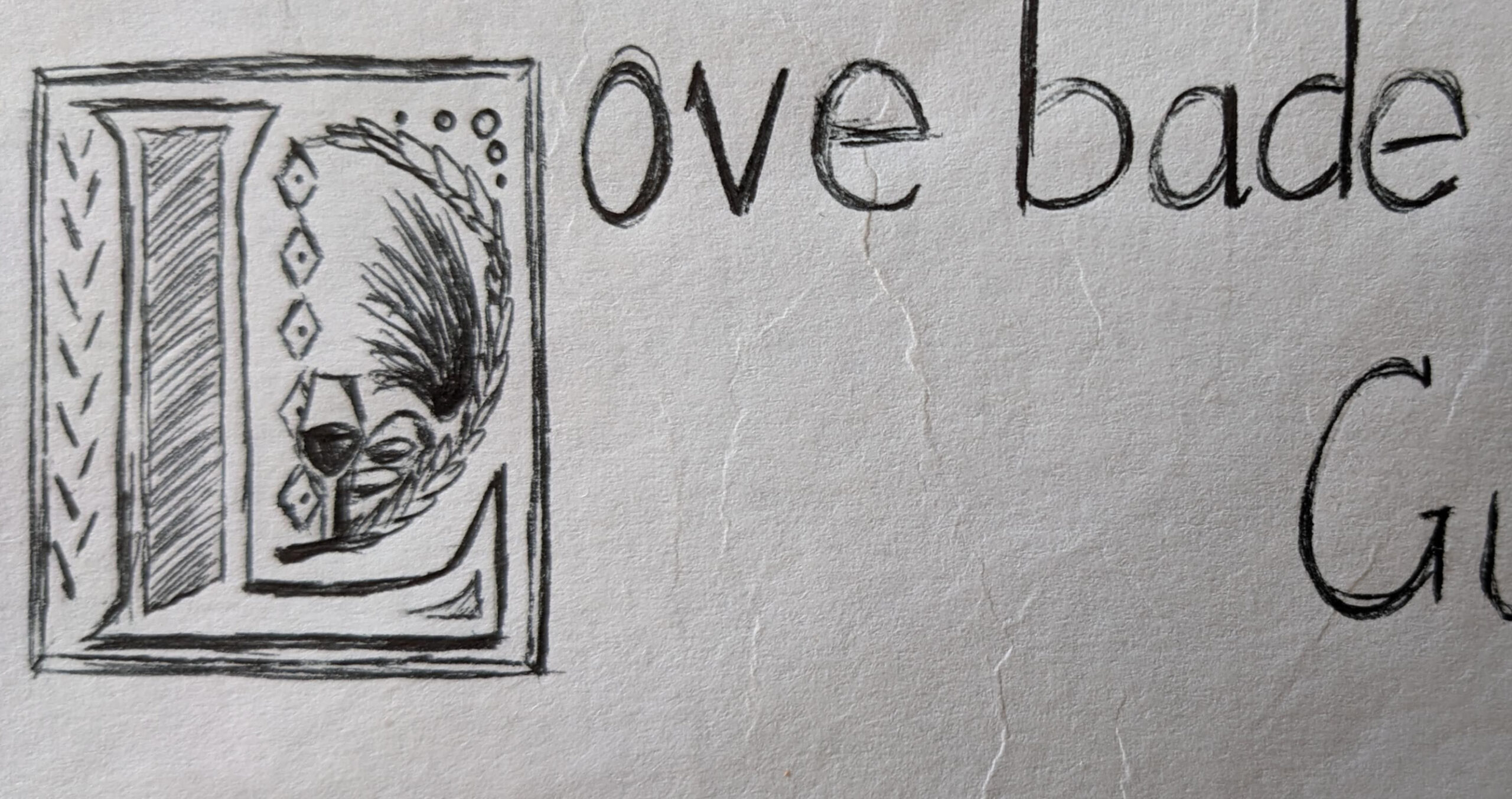Philosophers speak of the problem of evil as an argument against God. It is, of course—or at any rate philosophers are always welcome to define their own terms. But as a social phenomenon, the problem of evil is broader than that. It is a whole class of concerns about what a presumably loving God could possibly be doing with this world of ours, which suffers so often and so deeply. The concern can take many forms, of which a doubt of God’s existence is one. Another is doubt of God’s goodness. (Doubt of God’s knowledge or power are logical possibilities—and there are others—but they are of little account as forms of the social phenomenon. Perhaps that is interesting.) Then there are concerns which are recognizably versions of the problem of evil, yet which do not involve doubt of anything about God at all. One form of the problem is a sort of doubt about oneself.
Even if God is perfectly good (and wise and powerful and whatever else), he may yet not have any particular plan for me. He may not have any intention to redeem the suffering in my life in particular. I have seen ants die by the thousands. I have never supposed that God must not truly be good if he would let that happen. Perhaps I am no more than an ant to him. Perhaps I am just not important enough.
Others have their own experiences, but to me, this is the form of the problem of evil which has been most troublesome.
If this version of the problem—we can call it “the personal problem of evil”—can be solved, then that is because divine love is personal. That is, divine love is for each person, and for her own sake. If God’s love were something more general than that—say, for example, a love is for humanity—then his love for you would be like your love for ants. He could take pleasure in your life while it lasts, but he need not be perturbed if it begins to go poorly, or if it ends after only a short while. Nothing irreplaceable is lost in your death. (For God certainly is not seeking to maximize the number of humans, or any such nonsense—there is no maximum number of humans. So a love for humanity need not strive to bring any particular number of humans into being.) If there must be some meaning in your suffering, some redemption of it, then that must arises only because you are uniquely beloved of God, so that, if you are lost, the love with which he loves you is frustrated.
Now, if divine love is personal in this way, it is reasonable to suppose that creaturely love is structurally similar. It is possible for us, too, to love humanity, or personhood, or whatever else. But we recognize that these loves are less perfect than loves which have a more personal touch. It is better to love someone for who she is than merely to love her as a human being. And divine love is surely more perfect than human love. It is not more like our worse loves than our better loves.
But now notice that this reasoning works the other way around as well. If it is better for my loves to be personal when they can be, then I can plausibly suppose that God’s love will be personal as well, since his love will be even better than human love. Likewise, I can suppose that God’s love is for everyone (me included), since there is no one whom I myself ought not to love—I would not think it better, more perfectly loving, to refuse love even to the lowest and vilest person. And again, God’s love is surely better, not worse, than human love. If all this is true, then I can plausibly suppose that he loves me: me myself, for who I am, for who he has made me. And then, if he loves me in that way, I can be assured that I am not excluded from his intention to redeem the world.
I find this a comforting thought.
